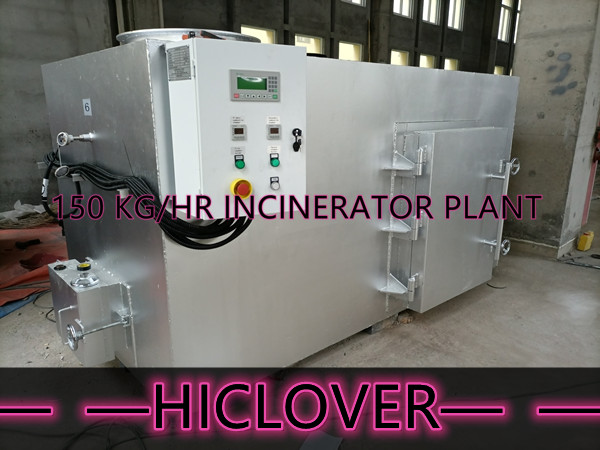In recent years, schools have been increasingly introducing incinerators for the safe disposal of sanitary napkins. This move comes in response to the growing awareness of the environmental and health hazards associated with improper disposal of menstrual waste.
Sanitary napkins are an essential hygiene product for women, but their disposal presents a significant challenge. Improperly discarded napkins can end up in landfills, sewers, or bodies of water, where they can leach harmful chemicals and bacteria into the environment. Moreover, the non-biodegradable nature of these products means they can take hundreds of years to decompose, further contributing to environmental pollution.
Recognizing these concerns, many schools are taking proactive measures to address the issue by installing incinerators on their premises. These incinerators provide a safe and efficient means of disposal, as they effectively break down the napkins into ash and gas, without releasing harmful pollutants into the air or soil.
Additionally, incinerators offer a more discreet and hygienic disposal method compared to traditional waste management systems. With these facilities on-site, students and staff can have peace of mind knowing that their menstrual waste is being handled in a responsible and environmentally friendly manner.
Furthermore, the installation of incinerators in schools helps to promote a culture of sustainability and responsible waste management. It serves as an educational opportunity to raise awareness about the environmental impact of sanitary napkin disposal and the importance of making conscious choices in managing menstrual waste.
It is essential to note that the safe disposal of sanitary napkins is not only a matter of environmental concern but also a public health issue. Improperly managed menstrual waste can contribute to the spread of infectious diseases and pose risks to sanitation workers and the general public. By implementing incinerators, schools are taking steps to mitigate these risks and prioritize the health and well-being of their community members.
In conclusion, the installation of incinerators for the safe disposal of sanitary napkins in schools is a positive and necessary step in addressing the environmental and health challenges associated with menstrual waste. It reflects a commitment to sustainable and responsible waste management practices, as well as an investment in the well-being of students, staff, and the broader community. Hopefully, this trend will continue to gain traction, leading to a more widespread adoption of incinerators in educational institutions and beyond.



